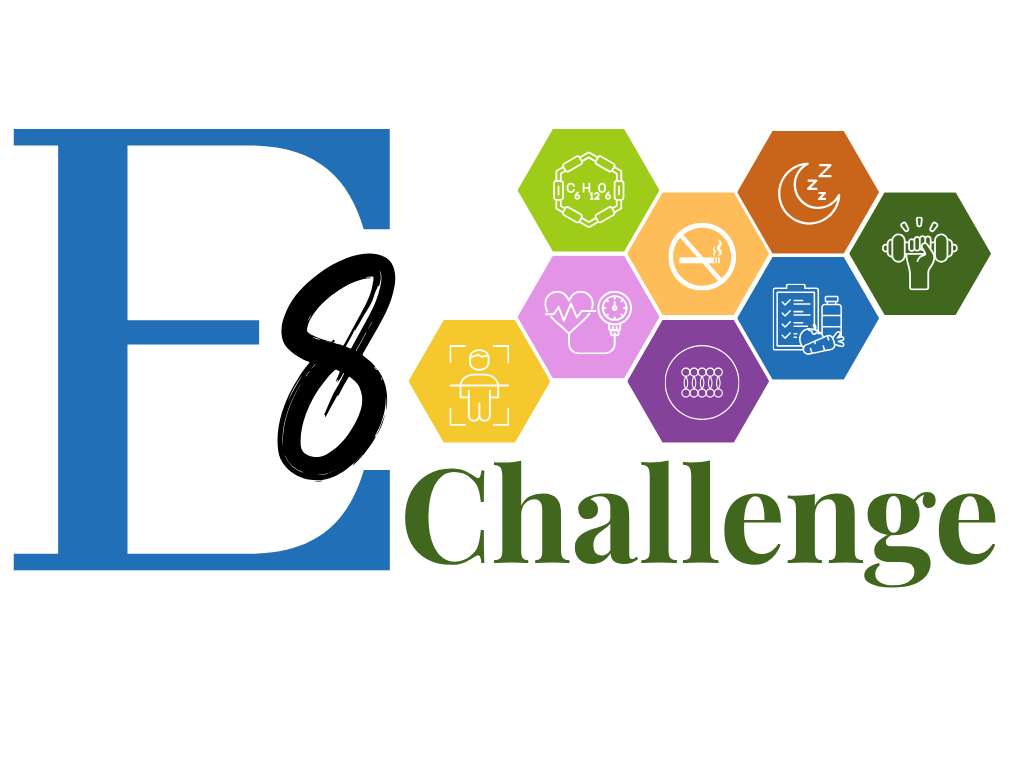
E8 Challenge Overview
The Essential 8 Challenge (E8 Challenge) leads you through a process of assessing your health through 8 key measures and understanding how these health factors interact to impact our health and risk for major chronic illnesses. Get to know thyself through assessment of health factors and behaviors.

Join WellPath’s E8 Challenge: 9 weeks of health assessment, education, & resources to improve your health and reduce your risk for developing chronic illnesses.
E8 Challenge Evaluations & Report Card(New)
Sleep Factor
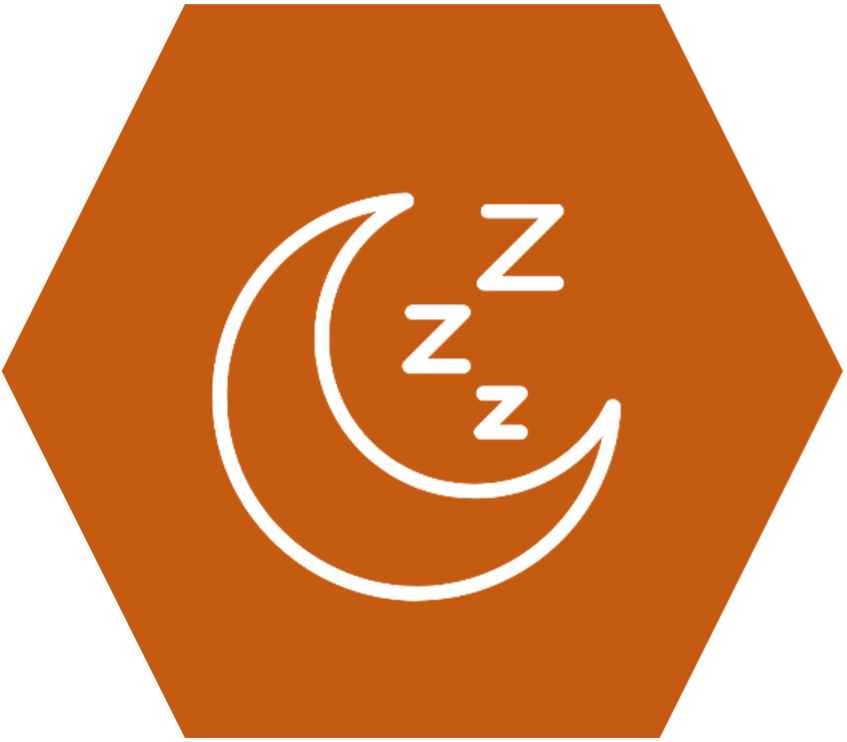
Overview:
“Getting good, regular sleep is a very important and under-rated health factor, and you want to get it right. Too little or too much sleep is associated with heart disease.” (American Heart Association)
Aim for 7 – 9 hours sleep as a general guideline. For the E8 Challenge, assess your sleep patterns and quality and take steps to prioritize sleep for optimal health.
Look out for sleep disorders, and don’t use sleep to catch up on homework, work, or anything else.
Introduction to the Sleep Factor
Sleep Factor Action Items
- Review the introductory video: The Sleep Factor
- Register for the E8 Challenge Webinar: The Sleep Factor
- Consider keeping the sleep diary from the Sleep Factor Resources
- Review all the resources for The Sleep Factor
- After viewing the webinar (live or on-demand) and reviewing resources take the Sleep Factor Quiz
- Complete the Evaluation for the sleep factor and save your score and record your score on your E8 Challenge Report Card (coming by e-mail)
Please watch this short video introduction and overview of The Sleep Factor for Week one of the E8 Challenge
E8 Webinar: Sleep Factor
The Sleep Factor with Derek Vidinha, RD.
Derek Vidinha, MS, RD, is a clinical dietitian with the SRP-MIC River People Health Center with a strong interest in nutrition and sleep which he has presented on this topic recently at professional conferences. Derek will lead a discussion of sleep as a health factor and how to improve both sleep quality and duration. Poor sleep and the impact on mortality and risk for chronic disease, particularly diabetes and obesity will be presented. Derek will discuss common nutrition supplements that effect sleep with time reserved for your questions to be answered.
After attending The Sleep Factor Webinar or viewing it on demand complete the Sleep Factor Quiz which will be used to report participation for you in MyWellPath.
Sleep Resources
American Heart Association Resources
- How To Sleep Better
- Sleep Your Way to a Smarter Brain
- Sleep Your Way to Whole Body Health
- How Sleep Affects Your Heart
- Is Sleeping In on Weekends Good for Your Health?
Other Resources
Sleep Disorders
- Obstructive Sleep Apnea
- Insomnia
Diet Factor

Overview:
Aim for an overall healthy eating pattern that includes planning, whole foods, fruits and vegetables (a lot!), nuts, seeds, water, lean animal protein, vegetable protein like legumes and beans, whole grains, and high-quality, healthy oils, especially for cooking.
It’s easier to eat your intended healthy diet when you are exercising, and, it’s easy to exercise when you are eating health. It’s symbiotic.
The diet factor is one that effects every other E8 factor: Literally!
The environment is working against us: Ultra-processed foods are plentiful, fast food is plentiful, food is plentiful. We’re truly blessed that healthy, nutrient-dense foods are plentiful. Focus more on eating well than on excluding foods. Focus on portion size and energy balance.
Energy balance means taking in and expending the calories eaten each day and over time. Energy balance has two sides of the equation: energy (calories) consumed = calories expended. Working one side of the equation is common but “madness.” Balance your diet with physical activity and exercise.
Introduction to the Diet Factor
Diet Factor Action Items
This week you will complete your E8 Challenge Evaluations & Report Card which is a new tool (excel spreadsheet) which will contain the evaluations for all 8 factors which will generate your Report Card. You will easily link between the Report card and the Evaluation to see which items you might modify to improve your score and which items are protecting your health.
- Complete the E8 Challenge Evaluation and review your Report Card
- Consider taking the Mini-EAT evaluation from the Mayo Clinic Web site (in Nutrition Factor Resources)
- Review all the Nutrition Factor Resources
- Complete the Diet Factor Quiz after viewing the Diet Factor Webinar
E8 Webinar: Diet Factor
The Diet Factor
WellPath’s E8 Challenge Diet Factor impacts most, if not all, of the other essential 8 factors. This short session will focus on the Diet Factor and this interrelationship with the other factors as well as “Macro-changes” which make up a dietary pattern that reduces our risk for chronic illness. Dietary evaluations using the new E8 Challenge Evaluations and Report Card tool as well as two other evaluations available as Diet Factor Resources will be discussed.
After attending The Diet Factor Webinar or viewing it on demand complete the Diet Factor Quiz which will be used to report participation for you in MyWellPath.
Diet Factor Resources
- Try the Mini-EAT dietary evaluation hosted on the Mayo Clinic Web Page.
- Try the Healthy Eating Assessment from Government of Northeast Territories
- How to Eat Better infographic from AHA’s Life Essential *
- 4 Protein Mistakes to Avoid Infographic
- Plant-based Protein Sources Infographic
- Facts on Fat infographic
- Healthy Hacks for Hard Hats infographic
Exercise Factor
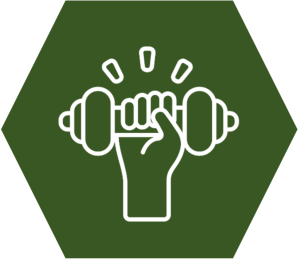
Overview:
Exercise Is Medicine
Exercise is medicine—and it’s the only Life’s Essential 8 (E8) Factor that positively affects every other factor. If you’re trying to improve any E8 Factor, exercise should be part of your plan.
Tobacco/Nicotine
Only 2% of regular exercisers smoke. Exercise and smoking—or vaping—are incompatible behaviors. The few smokers who do exercise tend to choose low-intensity, intermittent activities like bowling or softball. Fun fact: You’re very unlikely to smoke or vape while exercising.
Sleep
Certain types of exercise improve insulin sensitivity and lower glucose levels in people who are chronically sleep-deprived. Daytime or early-morning outdoor exercise can improve sleep quality and regularity.
Diet
Exercise balances the energy equation. While you can’t “outrun a bad diet,” exercise helps compensate for overeating by increasing energy expenditure. It’s really the only healthy way to compensate. It also reduces visceral fat, builds muscle mass (raising your Basal Metabolic Rate), and burns triglycerides and glucose. Plus, you’re unlikely to snack while exercising.
Blood Pressure
Exercise lowers blood pressure in the short term post-exercise and over the long term with regular activity. It strengthens the cardiovascular system and reduces the risk of heart attacks and strokes, even in people with high blood pressure.
Lipid Profile
Exercise improves your lipid profile by raising HDL (good cholesterol), lowering LDL (bad cholesterol), and reducing triglycerides.
Glucose
Exercise uses glucose from muscles, liver, and blood. It helps store carbs efficiently and improves carbohydrate metabolism, particularly through resistance training. This can reduce medication needs and complications from high blood sugar.
Exercise Factor Action Items: This week:
- Watch the E-Factor overview video
- Review all the E-factor resources – There’s many!
- Register for the E-factor Webinar or watch it on-demand
- Take the E-factor quiz to earn additional points for attending/watching.
- Complete the Exercise Factor Evaluation in your E8 Challenge Evaluations and Report Card Spreadsheet.
Exercise Factor Overview
E8 Webinar: Exercise Factor
The Exercise Factor
After attending The Exercise Factor Webinar or viewing it on demand complete the Exercise Factor Quiz which will be used to report participation for you in MyWellPath.
Exercise Factor Resources
American Heart Association Resources:
- Life’s Essential 8, How to be more active
- Healthy for Good How Much Physical Activity
- Power Up to Move More
- Keep Your Feet Happy
- Keep It Cool During Warm Weather
- Is Your Workout Working
- Get the Right Sneaks
- Get Into Working Out
WellPath Coaching Resources
Other Resources:
- Physical Activity Readiness Questionnaire for Everyone (PAR-q+ 2025)
Blood Pressure Factor
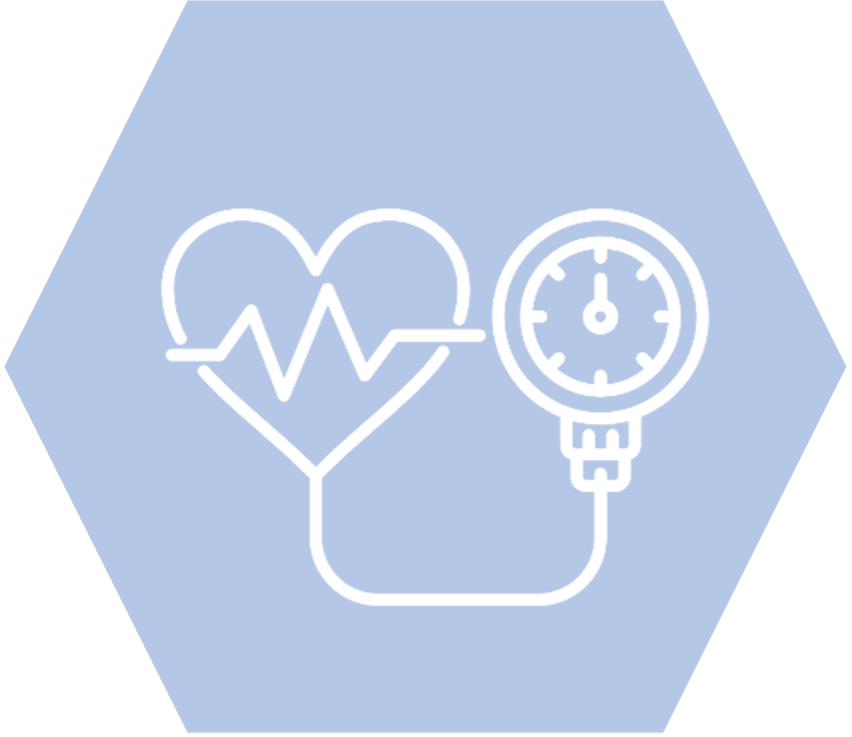
Overview:
Blood pressure can become a problem for a long time before it is diagnosed. So, the BP factor starts with keeping an eye on the blood pressure and keeping your blood pressure normal.
You must measure your blood pressure to know your blood pressure. You must record your blood pressure to use your blood pressure measurements to make decisions about your health. I don’t care for the nickname but hypertension was called the “silent killer” because there typically aren’t symptoms until high blood pressure has caused damage and/or created a disease.
Let’s not wait. Let’s complete the BP Factor Evaluation and let it fill in our E8 Challenge Report Card. We will learn about BP and tricks and tools to manage our BP. The most important factor of the BP factor is Y.O.U. and self-management.
BP Factor Webinar
Blood Pressure Factor Overview
Action Items
- Complete the BP Factor Evaluation
- Review BP Factor Resources
- Measure you blood pressure (often)
- Record blood pressures (App benefits)
- KYN 2025 (and before)
- BP Factor Webinar and Quiz
Blood Pressure Factor Resources
- Blood Pressure Categories chart
- Consequences of High Blood Pressure
- What Can I Do to Improve My Blood Pressure?
- Guide_for_Discussing_High_Blood_Pressure_with_Your_Doctor
- What is High Blood Pressure?
- Let’s Talk About High Blood Pressure and Stroke
- BP Raisers
- Blood Pressure Measurement Instructions
- My Blood Pressure Log
- What Is High Blood Pressure Medication?
- How Can I Reduce High Blood Pressure?
- Why should I limit sodium?
Lipid Factor
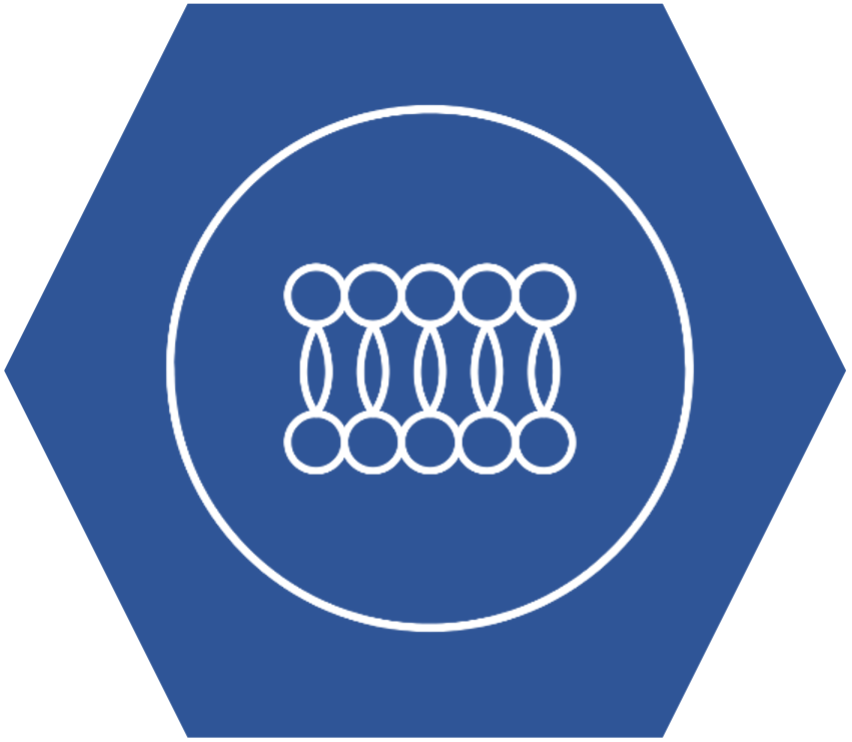
Overview:
Cholesterol is necessary for life. But too much of a good thing is not a good thing. We want the proper amount of cholesterol. But we also want the right mixture of the types of cholesterol. Your lifestyle can really make your cholesterol profile healthy. For some, more strict lifestyle is required to produce a healthy cholesterol profile. There are very effective anti-cholesterol medications which have been used effectively and safely for decades. A combination of lifestyle and medications may be the best for many.
Check out the Lipid Factor Intro/Overview Video its short (under 5-minutes) but mighty.
Lipid Factors Action Items:
Complete the Lipid Factor Webinar quiz after viewing the video.
Complete your Lipid Factor evaluation in the E8 Challenge Evaluations and Report Card Spreadsheet if you have not already.
Watch the Lipid Factor Overview Video
Review all the resources for the Lipid-factor.
Find your cholesterol and triglyceride values from as many labs going back 3 or 4 years if possible.
Compare the trend as will be described in the Lipid Factor video later this week.
Attend the Lipid Factor Webinar Video on-demand released later this week – notification will come via e-mail.
Lipid Factor Overview Video
Watch the Lipid Factor introduction and overview video:
Lipid Factor Webinar
Lipid Factor Resources
- AHA Resources:
- Know the Facts About High Cholesterol
- Cholesterol Myths vs. Facts
- What is Cholesterol?
- What-does-LDL-mean.pdf
- Why Should I know my LDL Cholesterol
- LDL Cholesterol: Questions for your Doctor
- Cholesterol Score
- Consequences of High Cholesterol
- My Cholesterol Treatment Plan
- How Can I Improve My Cholesterol?
- How Do My Cholesterol Levels Affect My Risk of Heart Attack and Stroke?
- Understanding Cascade Screening Lp(a)
- Questions for Your Doctor
- AHA Reduce Your Risk Cholesterol-Lowering Medications Discussion Guide
- What Are Cholesterol-Lowering Medications?
- Cholesterol Drugs
- WellPath Coaching Resources
- WellPath’s Health Enhancement Goal Program
- WellPath’s Coaches
- Other Resources:
- Mayo Clinic: Top 5 lifestyle changes to improve cholesterol.
- NIH Guide to lowering your cholesterol with TLC.
- Web MD Cholesterol Quiz: What does your numbers mean?
- Web MD: Beyond Cholesterol 14 ways to lower triglycerides.
- Web MD: Cholesterol Management Center
Glucose Factor
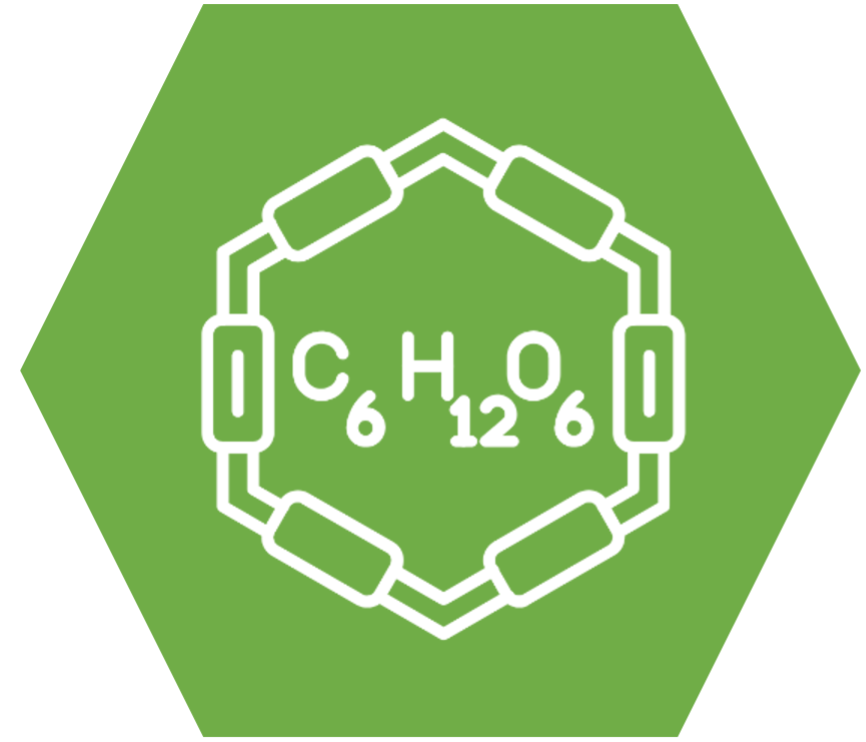
Overview:
Glucose is your preferred fuel for energy. Your brain is picky. It only runs on glucose. Your body will create glucose for your brain to keep it happy.
If you want to produce fast energy for movement – especially explosive energy, for example if you are pushing a stalled car from the roadway or evacuating a building, glucose stored in your muscle will get you out.
There’s no time to burn fat – it takes time to burn fat for energy . And even when you do burn fat for energy it’s not explosive, it’s not fast. Fat doesn’t sprint upstairs or push cars. Fat is fuel for the long haul for sustained activity.
If you want to “get up and go” for 1 – 3 minutes, you better have glucose onboard, and your body’s glucose metabolism better be tuned up and that takes regular physical activity.
Our body’s source for glucose is dietary carbohydrate. Since we need glucose for energy our body stores glucose, mostly in your skeletal muscle, then in the liver, and lastly in your blood.
The more active and fit you are, the better your body stores glucose in the muscle. Unfit, glucose in the blood, builds up to unhealthy levels because your liver and muscle are less efficient taking up glucose and storing it for later. Also, if you don’t use glucose for energy then your storage can reach 100% capacity and that stops glucose from being taken up in the muscle and liver.
When you’re eating carbohydrate, be sure to be active, and everything can work as intended. Glucose metabolism is trainable. Which means glucose metabolism can become untrained. Even sitting for hours decreases the efficiency of your body’s glucose metabolism. Even if you’re fit.
Glucose that isn’t used for energy and isn’t stored in the muscles and liver is problematic. Glucose left to build up in the blood can damage nerves, eyes, blood vessels, cause urinary tract infections and increase risk of sepsis during hospitalization. Excess blood glucose is a cause of obesity.
Chronically high levels of blood glucose is called diabetes.
If you’re not exercising, then you body has to regulate blood glucose by spilling the glucose from your blood into your urine. That’s only so effective.
And in response to high levels of blood glucose your pancreas keeps producing insulin which results in conversion of glucose to fatty acids (triglycerides) in your liver. Your liver can become fatty with these triglycerides (fatty liver disease). The liver packages the fat converted from glucose into cholesterol which is released into the blood stream. Free-floating triglycerides released can be stored as body fat. This is for use to create energy later (see a pattern?).
We have to get active and high blood glucose is a sign to get more active. If you don’t want to contribute to higher cholesterol levels, higher body fat levels, fatty liver disease then rev up your glucose metabolism with exercise. Regular exercise. Physical activity many times per day.
Exercise enough to lower the glucose stored in your muscle and liver, then the next time you eat carbohydrate, the glucose will be preferentially used to replenish the storage in the muscle and liver.
Glucose Factor Action Items:
- Watch the Glucose Factor introduction/overview video
- Take the Pre-diabetes Risk Test found in the Glucose Factor resources
- There are probably too many glucose factor resources for you to read so look at the plethora of resources gathered for you and read those of interest. And maybe read a few others too.
- There will be a Glucose Factor Webinar and quiz. I promise. The webinars and quizzes are optional and endorse separately for WellPath points. These webinars will continue to be available on-demand for WellPathians not participating in the E8 Challenge.
- Check you blood sugar and compare it to the norms you find in the Glucose Factor Resources and videos. Know Your Number is still going on and is one way for you measure your blood glucose if you haven’t had it measured recently.
Glucose Factor Overview Video
Watch the Glucose Factor Introduction and Overview Video
Glucose Factor Webinar
Coming Soon
Glucose Factor Resources
- Prediabetes Risk Assessment. (American Diabetes Association and CDC)
- AHA Resources:
- AHA infogram: Diabetes and Heart Disease: The numbers you need to know
- How to Manage Blood Sugar
- Where to begin – resources
- Type 2 Diabetes and PAD
- What is Diabetes and How Do I Manage it.
- Understanding your A1C Test
- Type 2 Diabetes and Cholesterol.
- AHA and ADA: Know Diabetes By Heart:
- Take care of your heart when you have type 2 diabetes
- 7 tips to care for your heart when you have type 2 diabetes
- What is Diabetes
- Other resources:
- On your way to preventing diabetes (CDC)
- Must Know Health Info (Johns Hopkins)
Body Composition Factor
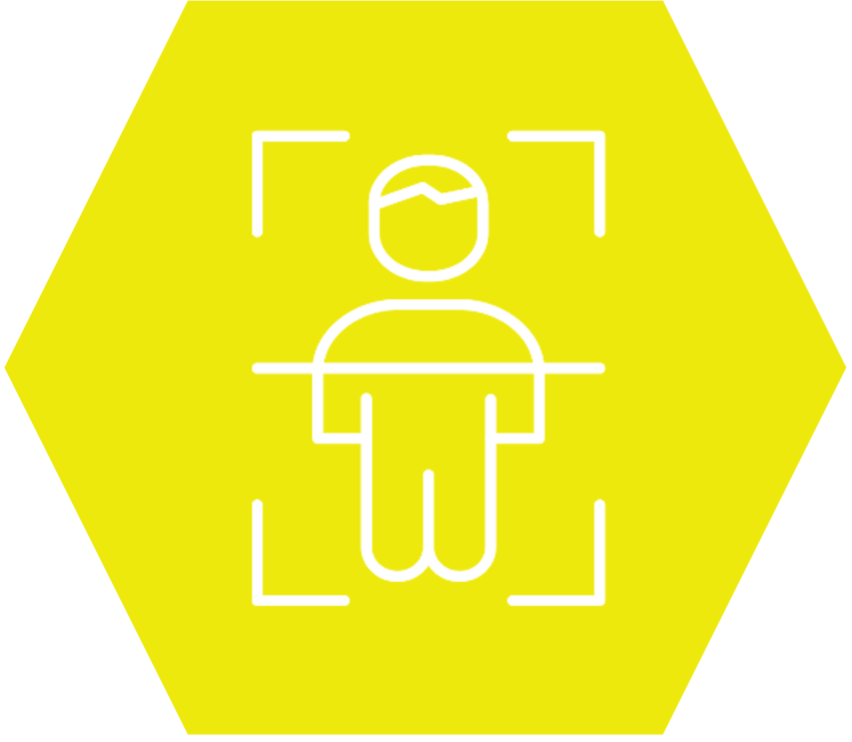
WellPath’s E8 Challenge factor this week is “Body Composition.” Notice it isn’t “Body Weight?
Body weight has been a measure of convenience from the 1950’s when the Metropolitan Life Insurance Height/Weight Charts became popular. These tables were based on correlation between height, weight, and longevity.
Body weight the only factor, other than exercise, with visual cues (eye test) that all too commonly are used to make judgements about the health-status of individuals. While it is true that body weight and exercise status each impact health, as we now appreciate better, there are many other significant factors of health that cannot be measured by visual inspection.
NO single factor can be used as a surrogate for general health and wellness. For example an individual can have visually ascertainable excess adiposity, but if that same person has a relatively low level of visceral fat, that fat deep in the thoracic cavity around organs, and that person has a normal blood pressure, lipid and glucose levels, is physically fit, prioritizes sleep quality and quantity, eats a reasonably healthy diet, and stays away from nicotine, the health status can be favorable. Comparatively, a lean individual with high blood pressure, high lipid and high glucose values would have a much less favorable prognosis.
Short-term, large weight loss isn’t statistically successful with maybe 3% of those who lose more than 30 lbs. keeping that weight off for 5-years. “Clinically significant” weight loss is typically small to modest weight loss (maybe ~10% of body weight) which results in lower blood pressure, improved blood lipid profile and blood glucose levels and reduced risk or reduced severity of bodyfat-related conditions and illnesses. Clinically significant weight loss has a better published success rate, especially if a “long-term” approach is utilized. But nobody wants to manage their body composition over years. Most people want a “quick fix” to a problem that takes decades to manifest.
For the E8 Challenge, review those factors from the Body Composition evaluation and identify long-term strategies that you can incorporate as part of your lifestyle, and not as part of a weight loss program. Use the NIH Body Weight Planner to estimate your personal energy balance equation and then make changes to your dietary and exercise pattern. The NIH Body Weight Planner is one of the E8 Body Composition Resources.
If a person is in energy balance and decides to eliminate a can of soda/day, the result should be a 12-lb. body weight loss over the ensuing year. And since the weight loss is slow, there is a greater likelihood of a high-quality weight loss.
Here are your action items for the Body Composition Factor:
- Complete your BC Evaluation
- Review your Body Composition Resources
- Estimate your daily calorie requirements using ACE Calculator
- Estimate your daily calorie expenditure requirements using ACE Calculator
- Use the NIH body Weight Planner
- Review your body composition assessments made over time: BMI + Waist + Waist:Hip + DEXA + Conditions (explained in the BC Intro/Overview Video). Look for long-term trends using your body composition measures.
- Haven’t measured your body composition in a while? A KYN screening is still available until the end of October. Go to: https://www.srpmic-nsn.gov//wellpath/kyn/ for more information.
- View the Body Composition Factor Introduction/Overview video
- Consider setting a Health Enhancement Goal to incorporate lifestyle changes to improve body composition over time.
Tobacco Factor
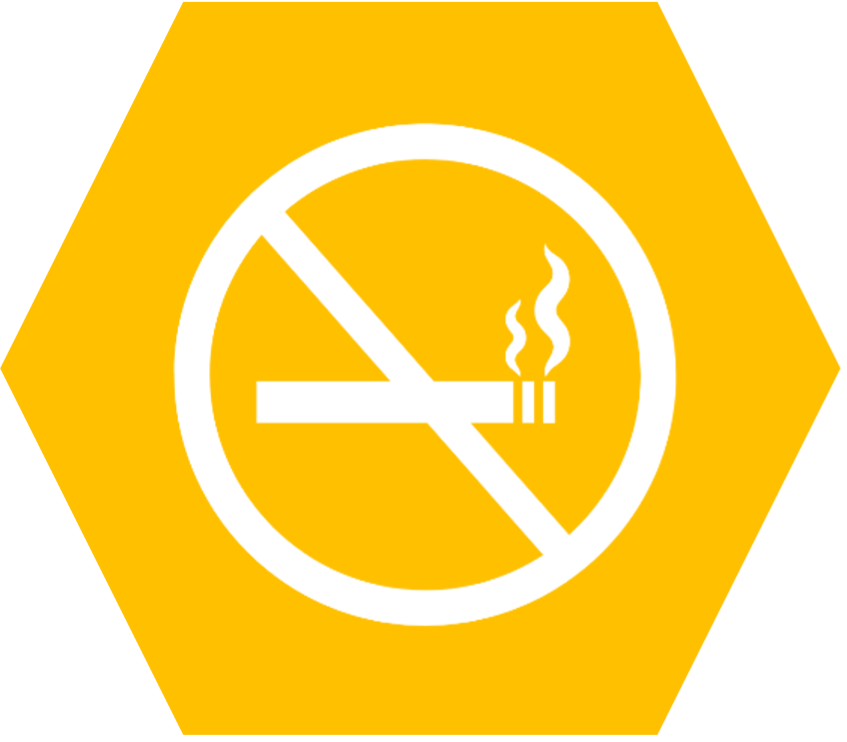
Overview:
The last factor of WellPath’s E8 Challenge is “Tobacco.” Or maybe better put “Nicotine.”
I think the public awareness campaigns and warnings on packaging has informed the public as to the health-risks related to tobacco use. And tobacco use is falling. But there is a new delivery method for nicotine – E-cigarettes. And even nicotine pouches.
It really doesn’t matter how you are exposed to nicotine it is a potent vasoconstrictor (makes your arteries “clamp down”) and is addictive. Nicotine can worsen depression, and alter the fear and anxiety responses to stimulus, disrupt memory and attention. Nicotine and tobacco can be VERY addictive. Maybe the saddest impact on health is a significant increase in cardiovascular disease, the number 1 cause of mortality. Nicotine increases cancer risk, reduces lung function and causes a host of lung conditions and diseases.
It might seem trivial but tobacco and nicotine are EXPENSIVE. The average price of a pack of cigarettes in Arizona $10.69/pack.
Walgreens offers an interesting smoking cost calculator: https://www.walgreens.com/pharmacy/quit_smoking_tobacco/smoking_cost_calculator.jsp
Check out the costs associated with a pack/day habit:
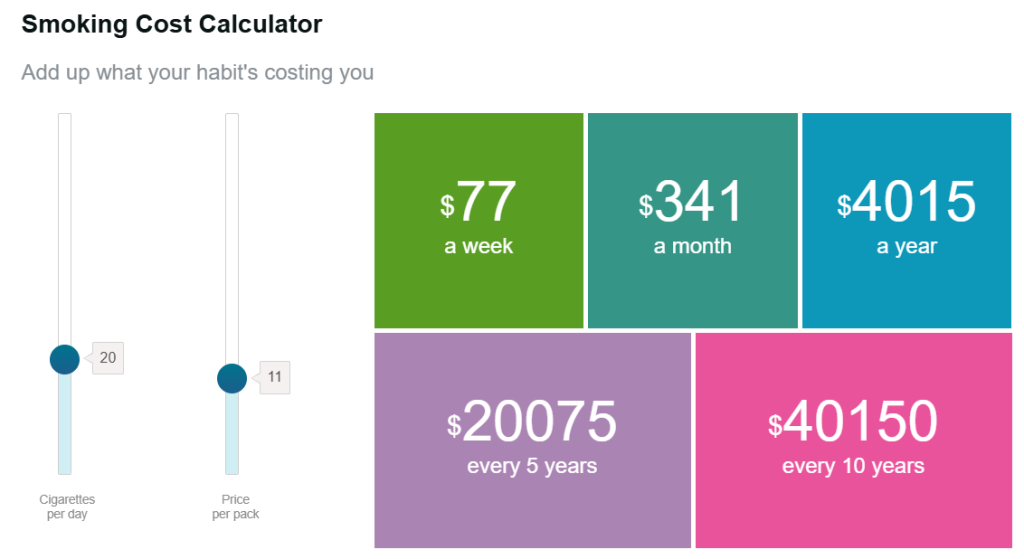
Instead, if you invested the cost of a pack a day habit earning 5% you would have $5,700 in the first year and $53,000 after 10-years. That doesn’t even count the savings associated with avoiding the heart-attack.
Here are your action items for the Tobacco Factor:


Nicotine Factor Overview Video
Watch the Nicotine Factor introduction and overview video:
Coming soon
Nicotine Factor Webinar
Coming – you will be notified by e-mail.
Nicotine Factor Resources:
AHA Resources:
How Can I Handle the Stress of Not Smoking?
How Can I Avoid Weight Gain When I Stop Smoking?
How Tobacco and Nicotine Harm Mental Health + Brain Development
The Impact of E-Cigs on the Lung (Am. Lung Assoc.)
E-Cigs & Vaping (Am Cancer Soc.)
Quizzes, Calculators & Worksheets:
- If you use nicotine: take this quiz to see how strong is your addiction: https://smokefree.gov/challenges-when-quitting/withdrawal/nicotine-addiction-quiz
- Walgreens smoking cost calculator: https://www.walgreens.com/pharmacy/quit_smoking_tobacco/smoking_cost_calculator.jsp
Take the How Much do You Know About Vaping and Smoking? Quiz at https://www.heart.org/en/healthy-living/healthy-lifestyle/quit-smoking-tobacco/the-ugly-truth-about-vaping